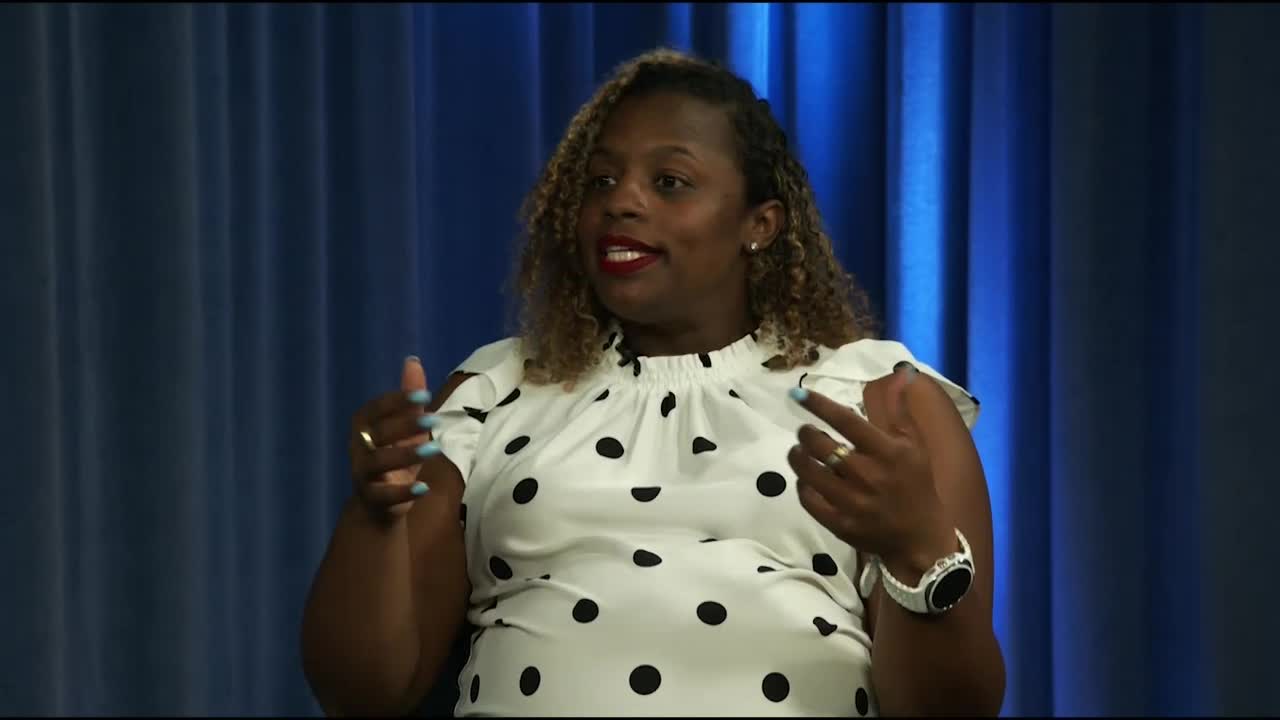Indiana Estate Planning Expert Discusses Probate and Asset Distribution Rules
August 29, 2025 | Indianapolis City, Marion County, Indiana
Thanks to Scribe from Workplace AI , all articles about Indiana are free for you to enjoy throughout 2025!

This article was created by AI using a video recording of the meeting. It summarizes the key points discussed, but for full details and context, please refer to the video of the full meeting. Link to Full Meeting
Under Indiana law, when a married person passes away without a will, their assets are automatically divided: 50% goes to the spouse and 50% to the children. However, this division can lead to confusion, especially if the deceased's assets are solely in their name. The recorder's office may not be immediately aware of the death, leaving surviving family members to seek legal assistance to transfer property into the rightful heirs' names.
The meeting emphasized the importance of understanding probate processes. If the value of the deceased's home exceeds $100,000, the estate must go through probate, a legal process that can be lengthy and complicated. For homes valued under this threshold, a small estate administration can expedite the transfer, but it still requires a waiting period of 45 days.
The discussion also touched on the implications for blended families, where each partner may have children from previous relationships. In these scenarios, if one spouse dies and their home is solely in their name, the surviving spouse may face eviction as the deceased's children claim their inheritance. This situation underscores the emotional and financial turmoil that can arise when death and money intersect.
To mitigate these issues, the use of a transfer on death deed was proposed as a solution. This legal tool allows property owners to designate beneficiaries directly, helping to avoid probate and reduce confusion among heirs. The council members discussed how this approach could provide clarity and security for families, particularly in blended family situations.
As the meeting concluded, the importance of proactive estate planning became clear. The costs and time involved in resolving these matters can vary significantly depending on the attorney chosen, highlighting the need for families to seek economical legal advice to navigate these complex issues effectively. The council's discussions serve as a reminder of the critical need for awareness and preparation in matters of estate and property transfer, ensuring that families can focus on healing rather than legal disputes during difficult times.
Converted from City Council of Indianapolis, IN - On the Record, The Tangled Title meeting on August 29, 2025
Link to Full Meeting
Comments
View full meeting
This article is based on a recent meeting—watch the full video and explore the complete transcript for deeper insights into the discussion.
View full meeting
